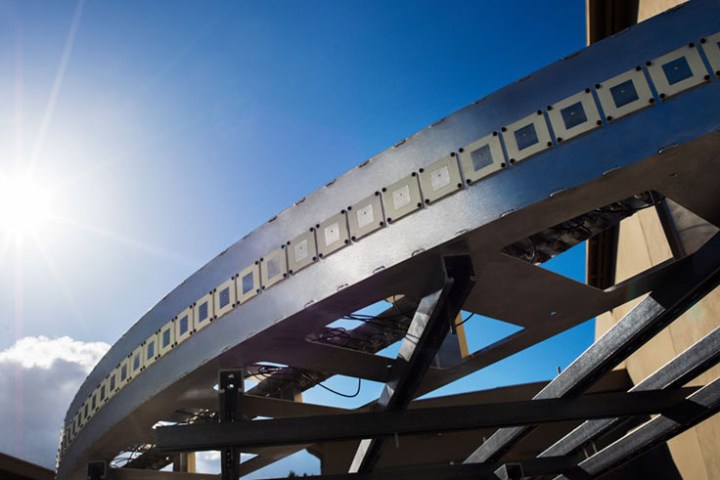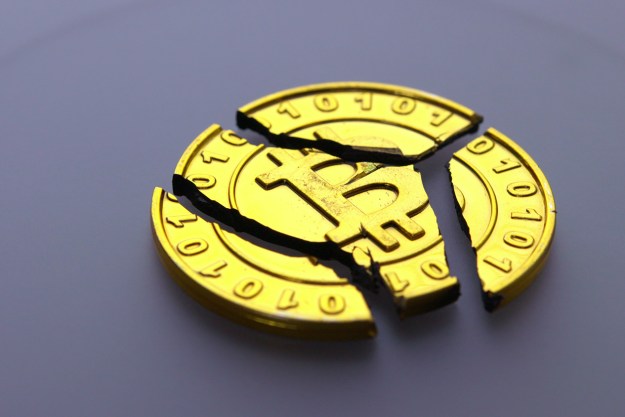
According to Facebook, the Aries array could end up being what 5G connectivity looks like one day. The Terragraph antennas, however, are farther along in development and will likely appear in the real world first.
“We’re currently testing Terragraph at Facebook headquarters in Menlo Park and preparing a broader trial with the city of San Jose in California,” said
When it comes to Aries, Facebook says its planning to open up the system’s plans to developers and academics so they can work on the existing algorithms or develop entirely new ones.
T-Mobile Offer: Buy the LG G5 and get a free battery and cradle bundle
Perhaps most interesting is the fact that these systems could beam Internet for miles around. A recent study conducted by Facebook shows that almost 97 percent of the global population lives within 40 kilometers (around 25 miles) of a major city. As such, the company wants to develop technology that can beam Internet to some of these rural areas from city centers.
The initiatives are just the next step in Facebook’s plan to bring Internet access to as many people as possible. The social media network currently has a cool 1.55 billion monthly active users, but it aims to extend that reach to 5 billion by 2030 — a lofty goal. Improving Internet access will help the company reach this goal.
Of course, it’s not all about bringing the Internet to as many people as possible — Facebook will also benefit from it. The more users that are on its network, the more people it can advertise to.
Editors' Recommendations
- Google Fiber is bringing high-speed internet to five new states
- The internet had a field day dunking on Facebook while it’s down
- Facebook seeks to protect election integrity with its new voting info hub
- Amazon bets big on its internet-from-space plan with major new facility
- Facebook’s new oversight board could overturn Mark Zuckerberg’s decisions


